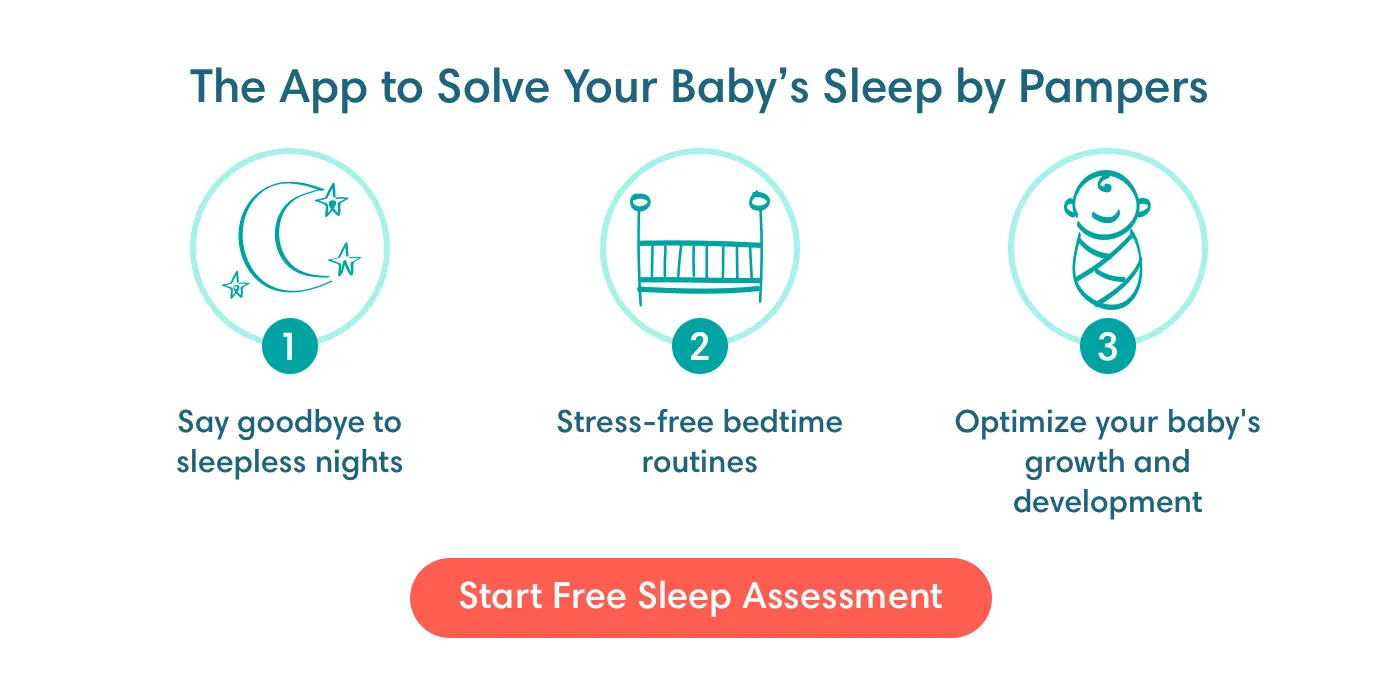
All About Toddler Sleep
Key Takeaways
In the first few months your baby slept intermittently between feeds, but now your child is a toddler you’ve probably noticed some major changes in sleep patterns. You may also find bedtimes are more of a struggle these days if your toddler refuses to sleep when it’s time for light’s out.
Find out how much sleep a toddler needs, how to help your toddler get to sleep, how to deal with some common sleep challenges and other great tips and advice.
How Much Sleep Does a Toddler Need?
Experts recommend that toddlers sleep around 11 to 14 hours in every 24 hours, including one or two daytime naps between the age of 1 and 2 years old. By the age of 3 years old, your toddler may be sleeping a little less than this, at approximately 10 to 13 hours.
However, keep in mind that every child is different so your toddler may need a little more or less shuteye than this.
Toddler Naps
From the age of 12 months old, as a part of their daily sleep routine, most toddlers need 1 or 2 naps a day, lasting a total of 2 to 2.5 hours. This is only a very rough guide though, as some children nap less while others may spend more time asleep during the day.
The amount of time spent napping may start to decrease from around 18 months old, and most – but not all – children stop having naps sometime between the age of 3 and 4 years old.
Things That Can Affect Your Toddler’s Sleep
Sometimes, bedtimes with a toddler can be challenging! With all the adventures your little one is having exploring the world around them, sleep is often the last thing on their mind.
Your child may be excited after mastering a new skill like walking or standing on tiptoes, and eager to keep doing it. Or maybe you have guests round or your toddler has a new sibling. It’s understandable if your child doesn’t want to miss out on all the fun – so these are times when you might find your toddler refuses to sleep.
At other times, your toddler may still have reserves of energy left over at the end of the day after having a longer or later nap than usual.
On top of these, your toddler’s growing independence and desire to test boundaries can also make it more likely that sometimes your toddler will resist going to sleep or maybe even getting into bed.
Other factors that can affect your toddler’s sleep include:
In Summary
Your toddler’s sleep patterns change constantly as your child grows and develops, while various factors from separation anxiety, illness and teething symptoms to changes in routine or just an excess of energy can lead to sleep regression, or just make getting your toddler to sleep a little bit more challenging at times.
How to Ease Toddler Sleep Problems
If you’re finding bedtimes a struggle, there are plenty of ways to help your toddler with getting to sleep. Perhaps the most important of these is to establish a regular bedtime routine.
Other ways of helping your toddler get off to sleep more easily include:
Getting Your Toddler to Sleep with a Bedtime Routine
When it comes to helping your toddler get a good night’s sleep, a regular and familiar bedtime routine can really make the difference. You can start to introduce a bedtime routine from as early as 3 months old, but if you haven’t yet, now is a good time to start.
The key when creating a simple bedtime routine is to keep things calm and consistent in the period before your toddler’s bedtime so that your child learns to recognise that the time for sleep is coming.
Here are some ideas for what you can include in your toddler’s bedtime routine:
It’s also a good idea to
In Summary
A bedtime routine helps your toddler recognise when it’s time to start winding down at the end of the day, while the story, a relaxing bath and the goodnight cuddle and kiss can make bedtime something to look forward to.
Moving From the Cot to A Bed
There’s no hard and fast rule about when to switch from a cot to a child’s bed, but if your toddler seems close to being able to climb over the bars it’s probably time to make the transition.
Check the manufacturer’s instructions for guidance on age, height and weight limits for your child’s cot, and if you’re in any doubt ask your health visitor for personalised advice.
When your little one does trade up from a cot to a bed, you might experience some restless nights or sleep regression until your toddler gets used to the new sleeping arrangements.
Sleep Safety for Toddlers
Keep your toddler safe at night by taking a few safety precautions:
Teeth Grinding During Sleep
You may notice your child grinds or clenches their teeth or jaws in his sleep. Teeth grinding — known also by its medical name, bruxism — is quite common in kids. The good news is most children outgrow this problem.
Children are most likely to experience teeth grinding around the time their baby teeth or adult teeth appear. The good news is most children outgrow this problem by the time their adult teeth are fully formed.
Speak to your child’s dentist or your health visitor or doctor if you’re worried about your toddler’s teeth grinding or if it’s interfering with your little one’s sleep.
FAQS AT A GLANCE
A 2-year-old toddler needs on average between 11 and 14 hours of sleep, including 1 or 2 daytime naps. Keep in mind, however all toddlers are different, so if your child may sleep more or less than this.
If you are worried that your toddler is sleeping a lot or too little, ask your health visitor or doctor for personalised advice.
The Bottom Line
Toddlers need a lot of sleep and benefit in many ways from getting a good night’s sleep. But as you no doubt know, getting your toddler to fall asleep is more challenging than just turning off the lights and saying ‘good night’ – especially the case if your child is excited about something that happened during the day or experiencing separation anxiety.
Having a consistent bedtime routine and ensuring that your toddler has a comfortable and relaxing sleep environment can help your toddler learn that when it’s bedtime they need to be tucked up in bed ready to rest.
You may also need to play around with your toddler’s sleep schedule — being overtired or not tired enough can affect your child’s ability to sleep. Speak to your health visitor if you’re ever unsure about how much your child should be sleeping and at what time.
It's great when your toddler can get to sleep and stay asleep independently. And when that happens, you and your child will both benefit from being well rested the next day. If bedtimes are still a struggle for you and your toddler, hang in there — those sleepless nights associated with babyhood and toddlerhood may soon be a thing of the past!








